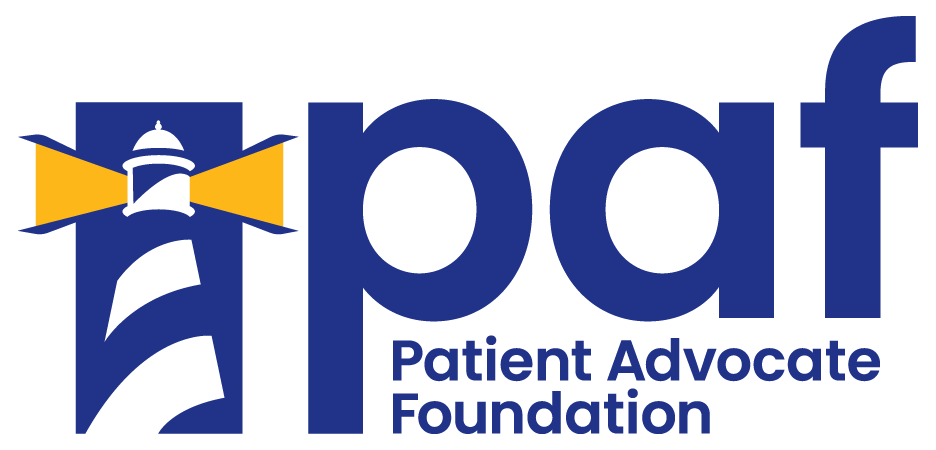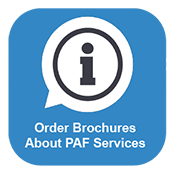Insurance Challenges with Medication
Since medications must be paid in full before you get them in your hands, you may first become aware of an insurance issue at the pharmacy counter. Whether you are prescribed the newest medication on the market for your condition or a generic that has been around for a long while, you count on your insurance coverage to offset a significant portion of your medication expenses. If you find yourself in a situation where your insurer is not covering your medication, or if a portion of the cost is higher than you expected, these recommendations can help you identify and resolve the source of the problem.
What is the Reason it is Being Denied?
Your insurer may provide the pharmacist with a specific reason why your medication claim is not being covered. Having this information will help you decide on your next step – it will tell you if you are missing information from your doctor, or if the prescribed drug is not on your formulary. Your findings may mean that your next step is to submit an appeal to your insurer to ask for reconsideration. If your pharmacist is not able to provide the reason, call your insurance company directly.
Common Medication Denial Reasons
•Drug requires prior authorization
•Medication requires step therapy
•Medication not covered as part of your covered benefits or is excluded according to plan language
•Maximum number of refills (or quantity) has been exceeded for this prescription
•Plan limitations exceeded
•Generic drug required or generic-only coverage
•Duplicate entry – drug processed at another pharmacy
Communicate with Your Doctor
Many times, the pharmacist will offer to connect with your doctor or send communication related to the insurance feedback on your behalf. While this support is helpful, you still need to contact your doctor, explain the situation, and alert them that you have not been able to fill the medication as instructed. Your provider may be able to provide you with drug samples or may choose to prescribe an alternate medication that is also indicated for your condition.
Is Your Insurance Keyed in Properly?
Double checking the basics first is worth it to fix an easy mistake. Make sure that the pharmacy has your most current insurance information on file or they may be processing your claim incorrectly, causing it to be rejected. Another possible issue could be that you have a discount savings card in the system that you have used previously, and your insurer will not allow them both to be used. Double checking the basics first is worth it to fix an easy mistake.
Does the Pharmacy Matter?
Your insurance plan has arranged for a specific list of network pharmacies to serve you in your plan. Even if you’ve been going to the same pharmacy for a long time, these contracted relationships can change at any point. If your pharmacy becomes out-of-network and you have limited out of network benefits, your insurer may not pay towards the medication. In addition, some medicines must be filled through a mail order pharmacy and are not offered at a retail pharmacy location. Some plans have language that limits you to your first fill of a medication in person, and then you must use a mail-order for all refills. This practice is becoming more common with many reoccurring maintenance medications.
It’s “Covered” but isn’t Paying Towards Costs
Just because a medication is “covered” doesn’t mean that your insurance is actually paying for the medication. It’s possible that you have a deductible for your plan that has not yet been met. If so, your plan will expect you to pay the full deductible before it contributes towards healthcare costs. If you have a separate pharmacy deductible from your medical care, you might be starting at zero with your first prescription, regardless of how much you have paid to other providers. But “covered” is a good thing, and ultimately means that what you do pay out-of-pocket for your medication will get you closer to the maximum you will need to pay for that year.
Alternate Prescription Options
If you find that there will be a delay in filling a new prescription due to having to submit an appeal, let your doctor know right away. It takes time to gather additional documentation and coordinate with your insurer for coverage, and you will want to speak to your doctor in the meantime. There may be an alternate medication for your condition that is covered and can be substituted or samples your doctor can provide while you wait on the appeal decision.










